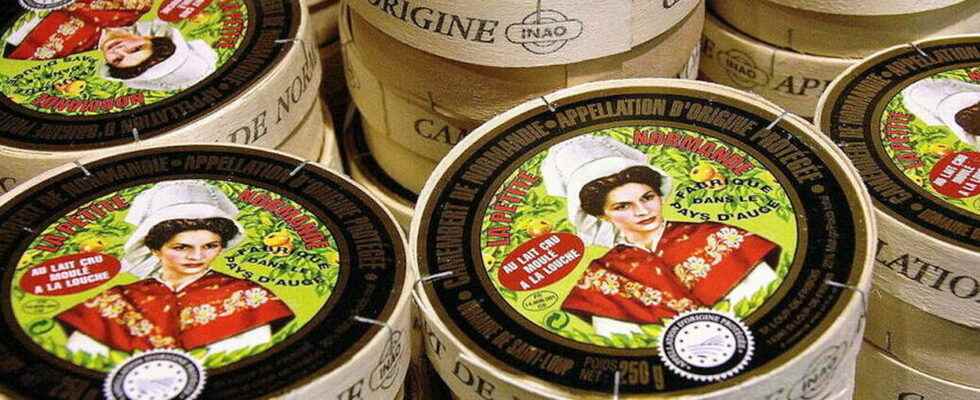LFood products benefiting from controlled designations of origin (AOC) “will probably have to rethink” their specifications to take climate change into account, said Wednesday the Minister of Agriculture Marc Fesneau. Bandol, Crozes-Hermitage, or Terrasse du Larzac for wines, Saint-Nectaire, Roquefort, for cheeses, Espelette pepper or green lentils from Puy: France has a total of 363 AOP wines, and 101 other products under AOP, half of which are cheeses or butters.
“In the long term, the summer crisis raises the question of the model of French agriculture and its ability to resist climate change,” said the minister in an interview with Figaro. Taking the example of controlled designations of origin (AOC), he recalls that they “drafted their specifications well before climate change” and underlined that they “will probably have to rethink them”.
Specific manufacturing criteria
AOCs are awarded by the National Institute of Origin (Inao) to regional products (wines, cheeses, meat or charcuterie specialties) identifying both their ancestral or region-specific production method, and their production area. precise. The specifications precisely set the manufacturing criteria (food and breeds of dairy cows for cheeses, grape varieties and degree limit for wines, for example), from which producers cannot deviate or risk losing their precious quality label. They are declined at European level in protected designations of origin (PDO), and defended in international trade agreements by the European Union.
READ ALSOWhat are AOCs used for? (1)
During the Covid crisis in 2020, which had suddenly closed markets, restaurants and the cheese departments of supermarkets, many AOP cheesemakers had to request derogations from their strict specifications, in particular to be able to freeze milk from cows or benefit from longer retention dates. Last summer, the Inao also received numerous requests for derogation due to the drought which forced dairy breeders to change the diet of their herds due to a lack of hay, making it impossible in some cases to feed everything on the grass imposed by the specifications.
